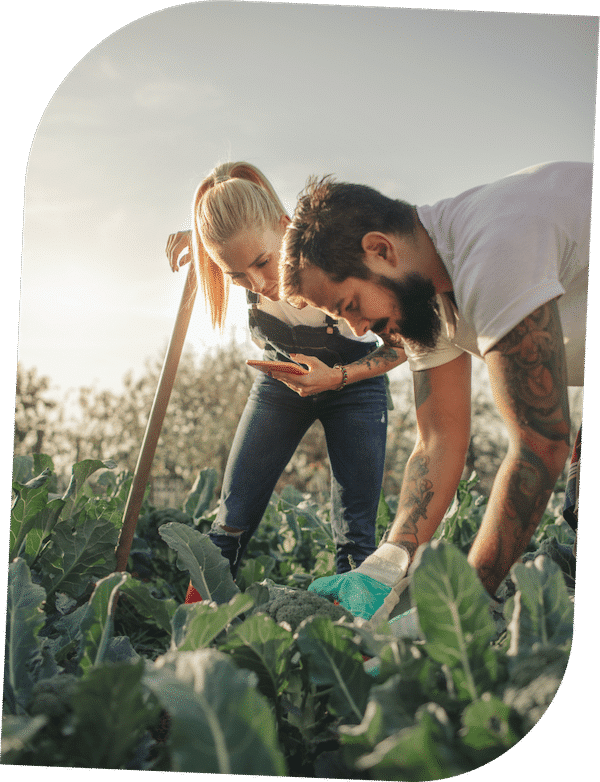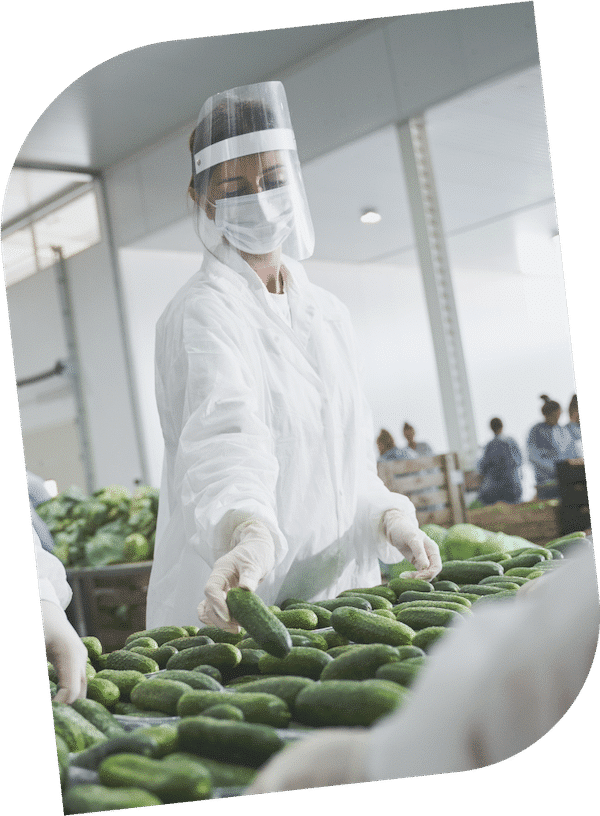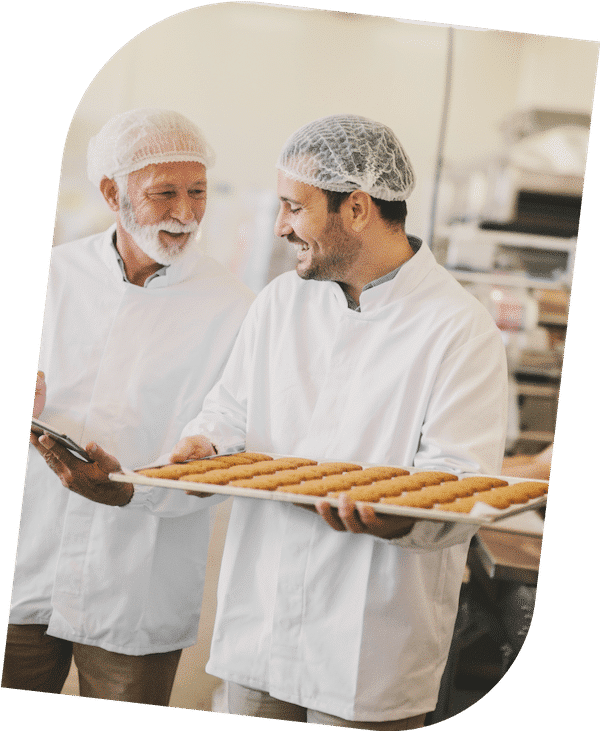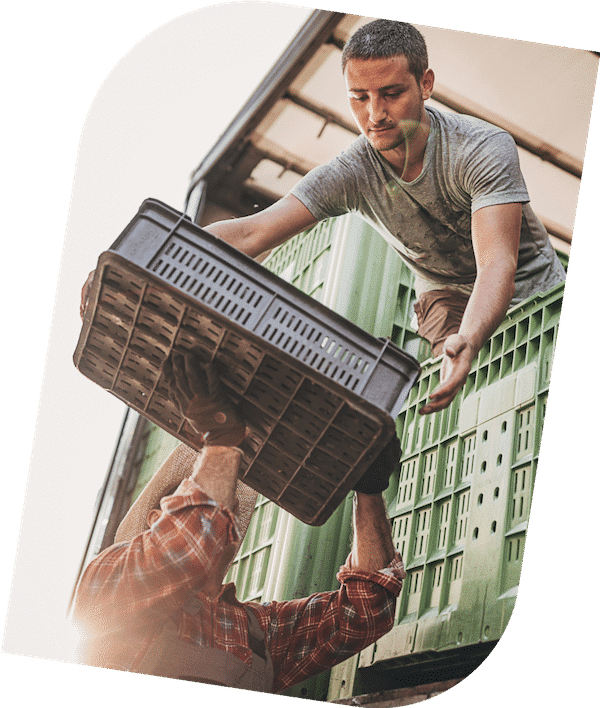
Blockchain is a technology that works as a shared ledger where all authorized participants are required to verify transactions. Each new transaction is permanently linked to the previous blocks of information, making it a chain of blocks, or a blockchain. The primary thing to understand about blockchain is that it acts as a trusted third party: once information is recorded, it is impossible for one party to go back and change information without that change being visible and validated by their peers. Lastly, there are different types of blockchains: public, private, or even permission-based blockchains. In the food industry, the most commonly used blockchain infrastructure is Hyperledger Fabric, which is a private, permission-based blockchain. If you’re confused about blockchain, here is a video which covers the basics.
BLOCKCHAIN FOR TRACEABILITY AND SUPPLY-CHAIN MONITORING
From the finance industry to pharmaceuticals, blockchains have proven to be very efficient in enhancing traceability. As a distributed ledger, it enables actors from different companies, entities, and even countries to securely share information regarding the data, goods, or financial flows between them.

BLOCKCHAIN ALONE IS NOT THE TOTAL SOLUTION TO FOOD FRAUD
DIGITAL AUDITS ARE A WAY TO PREVENT ADULTERATION, TAMPERING, AND DIVERSION

REFERENCES
- Article Food Engineering Mag : https://bit.ly/3u5jbeu
- Publication by Gary Weber : https://bit.ly/3u58wjZ
- Publication by Franck Yiannas : Franck Yiannas
More reading material
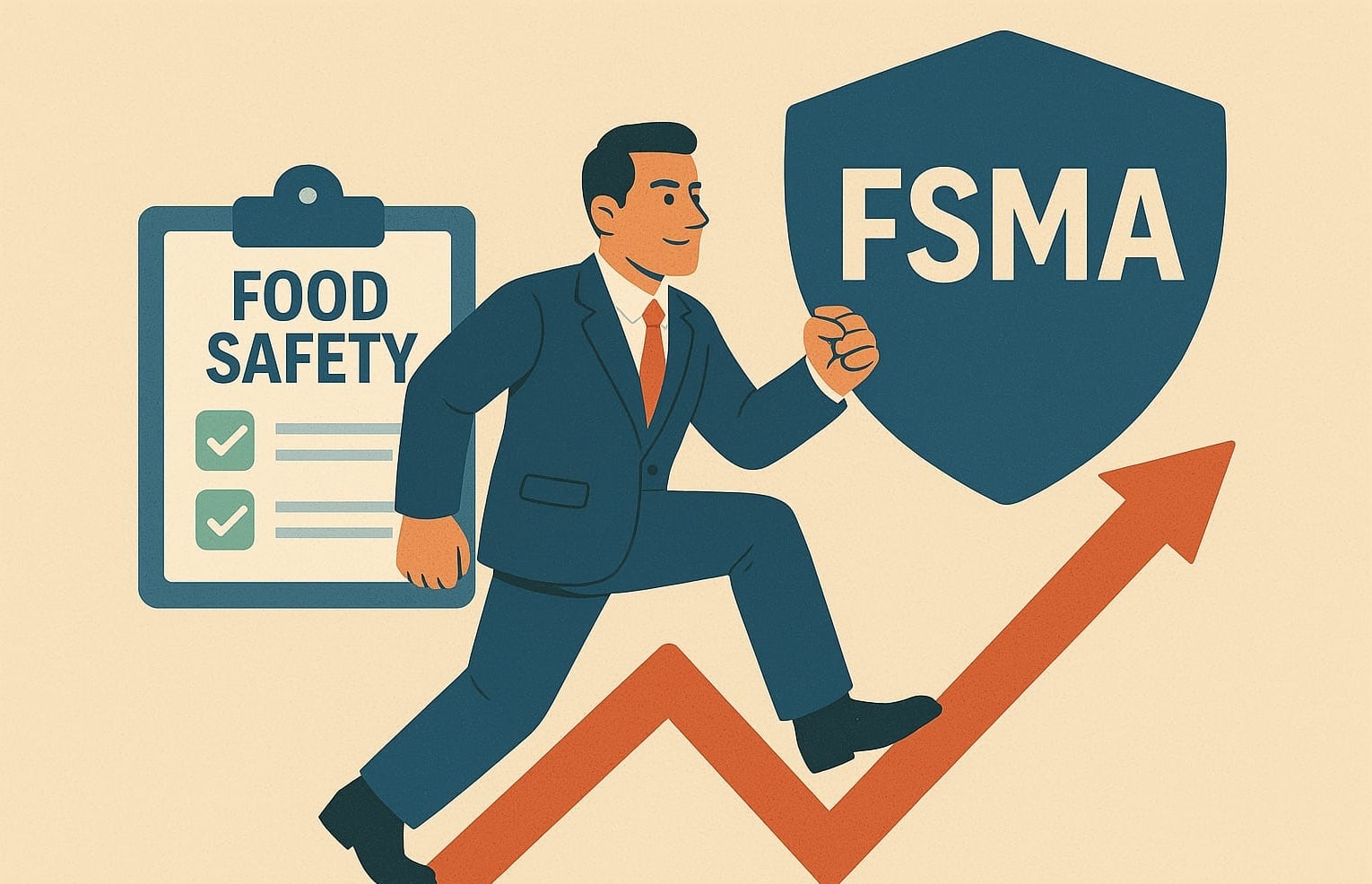
by Paola Mangano
Be FSMA-Ready: Turn Compliance into a Competitive Advantage
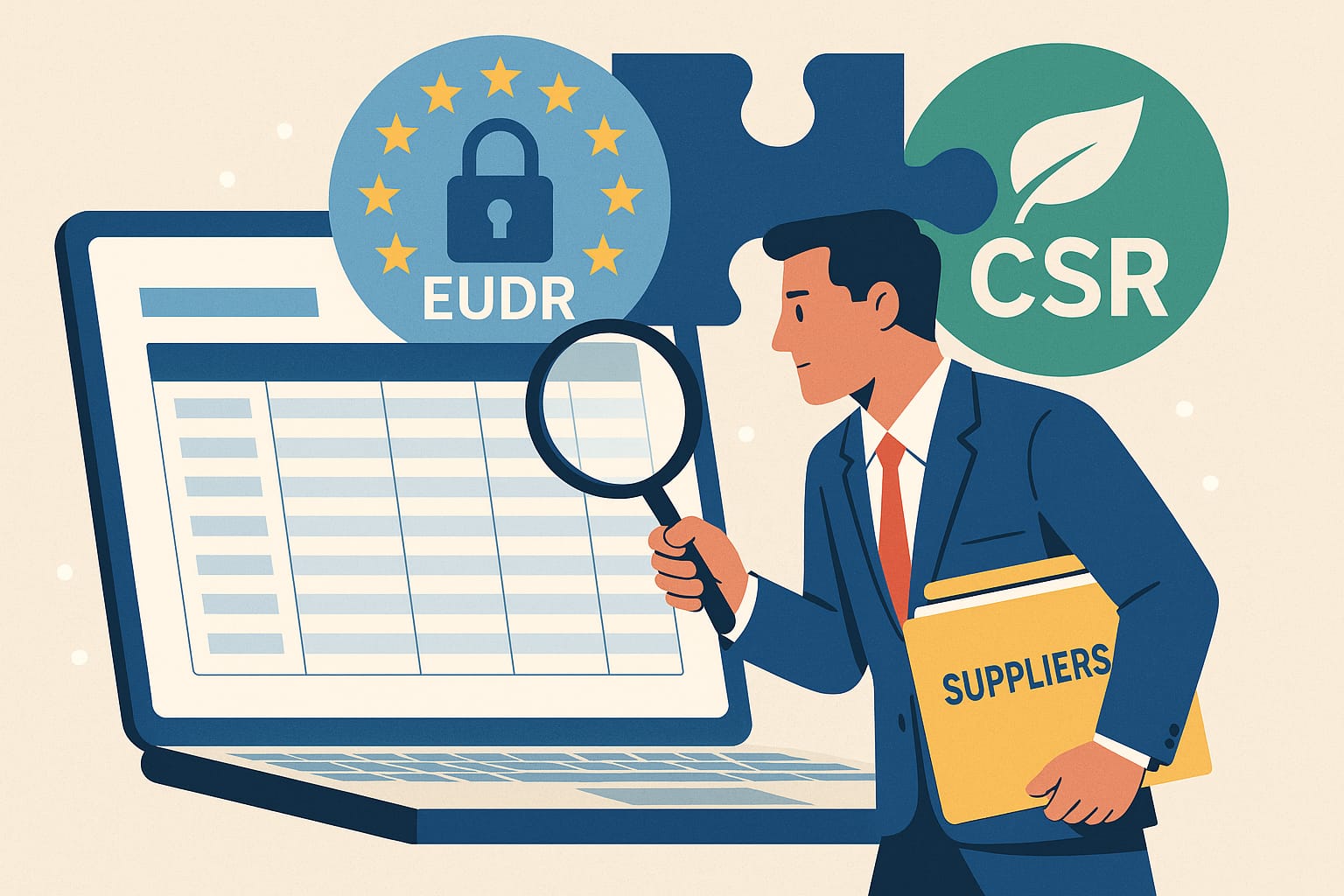
by Paola Mangano
Supplier Data Collection: The Hidden Challenge Behind EUDR Compliance and ESG Commitments
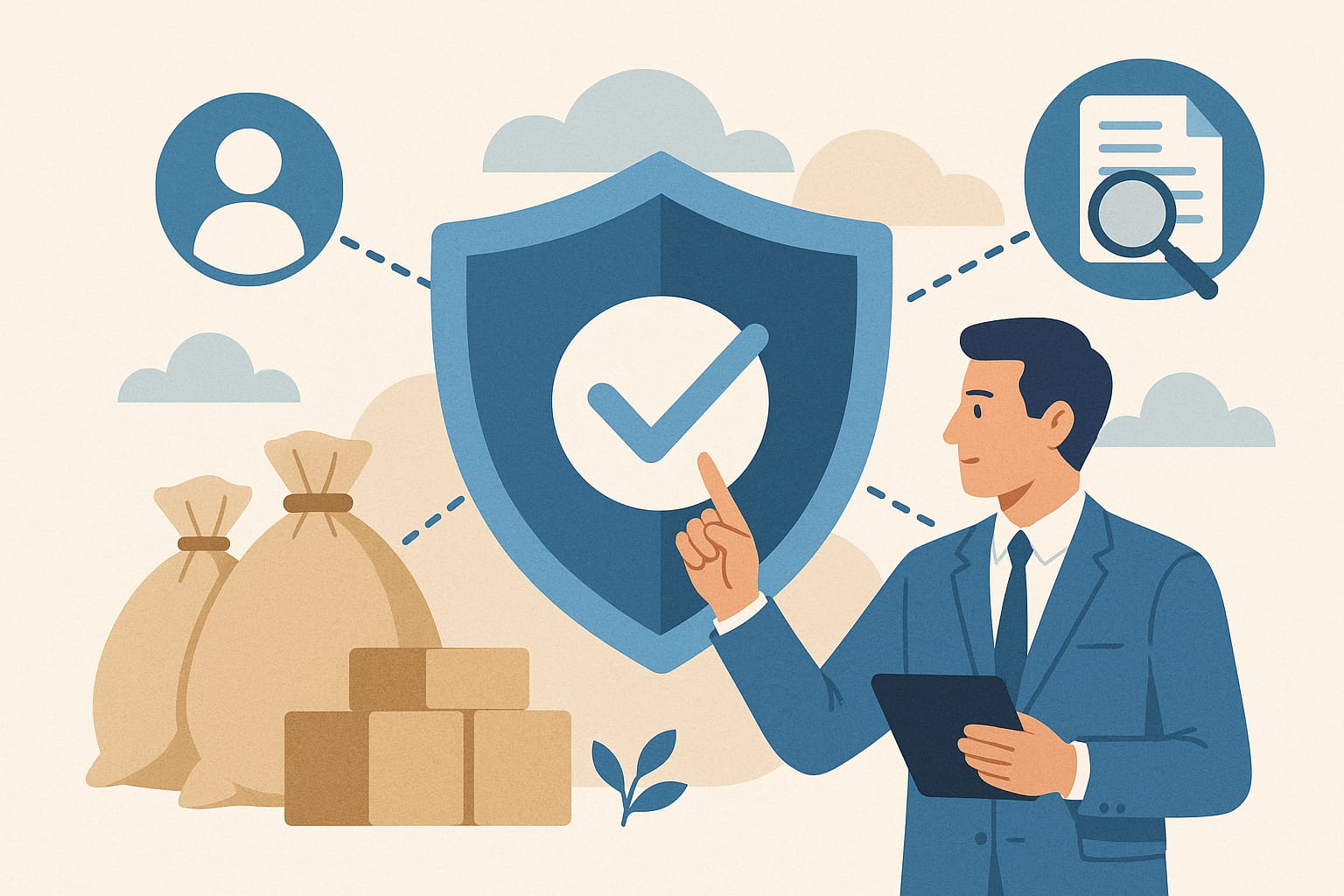
by Paola Mangano
Suppliers under control: how data mastery becomes a strategic lever for compliance
At the heart of this transformation, Connecting Food offers an innovative solution that is reshaping the game.



